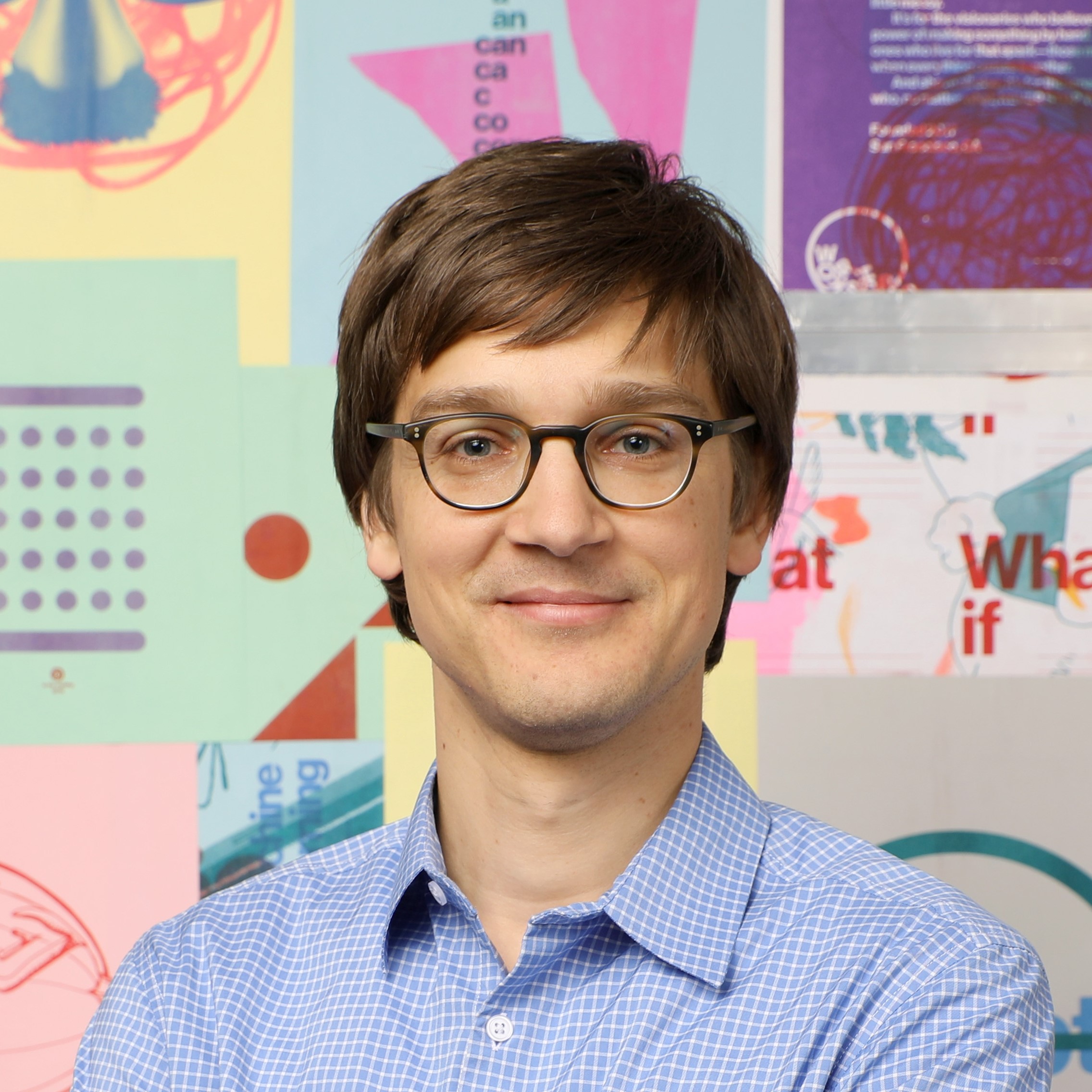Representation Learning for Logical Reasoning in Knowledge Graphs
Jure Leskovec / Stanford

Talk: , -
Abstract:
Learning low-dimensional embeddings of knowledge graphs is a powerful approach for predicting unobserved or missing relations between entities. However, an open challenge in this area is developing techniques that can go beyond single edge prediction and handle more complex multi-hop logical queries, which might involve multiple unobserved edges, entities, and variables. In this talk we present a framework to efficiently answer multi-hop logical queries on knowledge graphs. Our main insight is that queries can be embedded as boxes (i.e., hyper-rectangles), where a set of points inside the box corresponds to a set of answer entities of the query. We show that conjunctions and disjunctions can be naturally represented as intersections/unions of boxes. We demonstrate the effectiveness of our approach on large KGs and show its robustness in the presence of noise and missing relations.
Bio: Jure Leskovec is Associate Professor of Computer Science at Stanford University, Chief Scientist at Pinterest, and investigator at Chan Zuckerberg Biohub. His research focuses on machine learning and data mining with graphs, a general language for describing social, technological and biological systems. Computation over massive data is at the heart of his research and has applications in computer science, social sciences, marketing, and biomedicine. This research has won several awards including a Lagrange Prize, Microsoft Research Faculty Fellowship, the Alfred P. Sloan Fellowship, and numerous best paper and test of time awards. Leskovec received his bachelor's degree in computer science from University of Ljubljana, Slovenia, PhD in machine learning from Carnegie Mellon University and postdoctoral training at Cornell University.
Bio: Jure Leskovec is Associate Professor of Computer Science at Stanford University, Chief Scientist at Pinterest, and investigator at Chan Zuckerberg Biohub. His research focuses on machine learning and data mining with graphs, a general language for describing social, technological and biological systems. Computation over massive data is at the heart of his research and has applications in computer science, social sciences, marketing, and biomedicine. This research has won several awards including a Lagrange Prize, Microsoft Research Faculty Fellowship, the Alfred P. Sloan Fellowship, and numerous best paper and test of time awards. Leskovec received his bachelor's degree in computer science from University of Ljubljana, Slovenia, PhD in machine learning from Carnegie Mellon University and postdoctoral training at Cornell University.